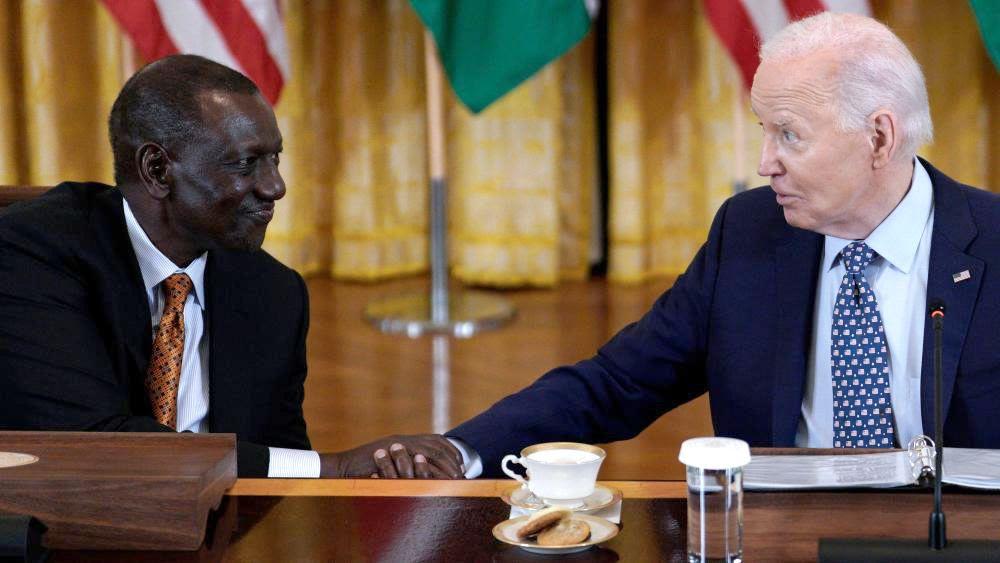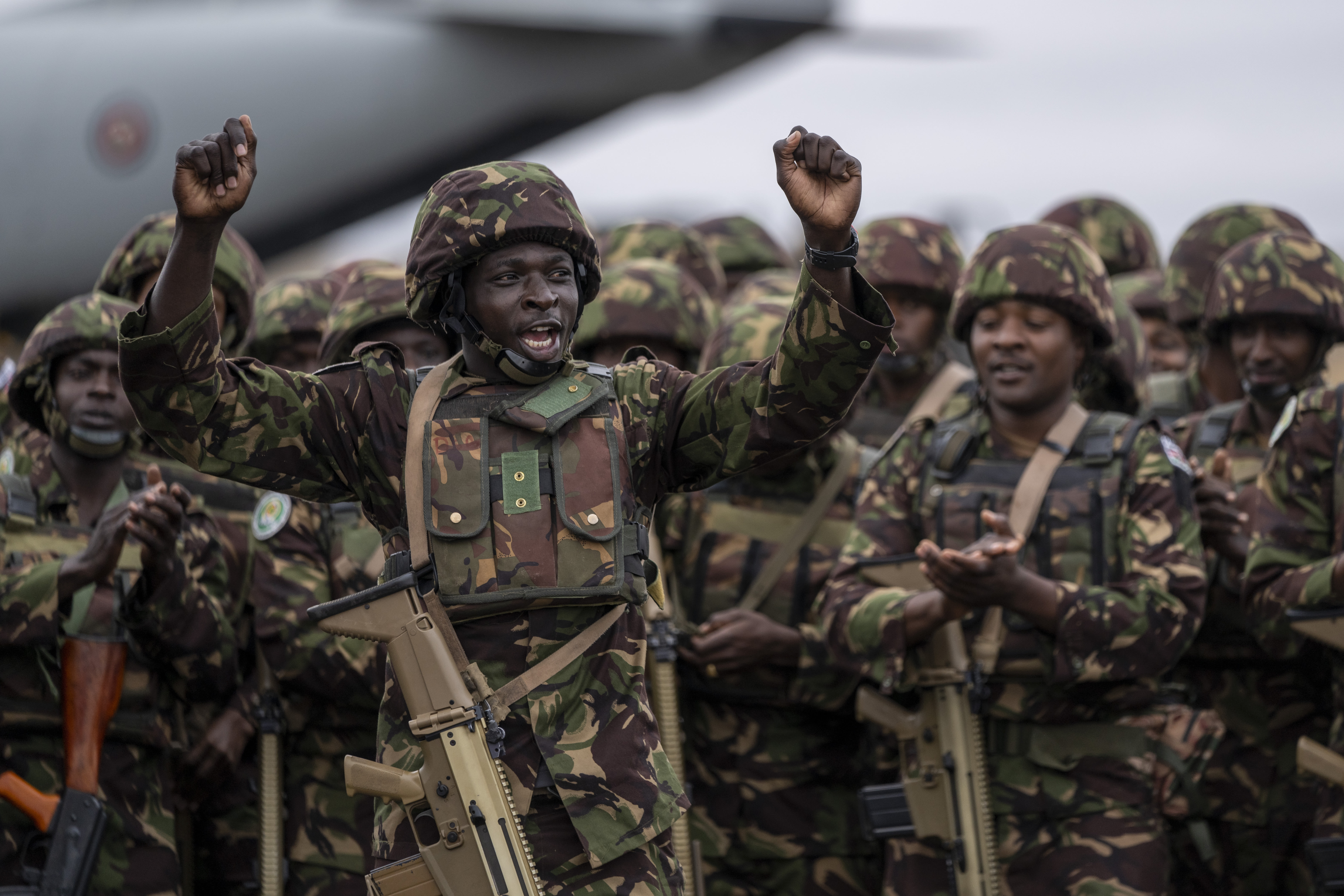Search results
3 days ago · Historians typically consider the following dynasties to have unified China proper: the Qin dynasty, the Western Han, the Xin dynasty, the Eastern Han, the Western Jin, the Sui dynasty, the Tang dynasty, the Wu Zhou, the Northern Song, the Yuan dynasty, the Ming dynasty, and the Qing dynasty.
News about Taiwan, China, semiconductors
News about Kenya, President William Ruto, non-NATO ally status
Also in the news
Apr 25, 2024 · The Han dynasty was the second great imperial dynasty of China (206 BCE–220 CE), after the Zhou dynasty (1046–256 BCE). It succeeded the Qin dynasty (221–207 BCE). The Han dynasty had a dominant effect on Chinese history and culture, and its governmental, cultural, and technological achievements were emulated by the dynasties that followed.
- The Editors of Encyclopaedia Britannica
5 days ago · Xi Jinping. Born: June 15, 1953, Fuping county, Shaanxi province, China (age 70) Title / Office: president (2013-), China. vice president (2008-2013), China. Political Affiliation: Chinese Communist Party. Recent News. May 17, 2024, 5:04 PM ET (AP) Putin concludes a trip to China by emphasizing its strategic and personal ties to Russia.
- Melissa Albert
People also ask
Does China emerge as a leader?
Which dynasty ruled the longest in China?
What role did emperors play in Chinese society?
When did Hua Guofeng become leader of China?
3 days ago · Other important leaders who supported him in that period were Zhou Enlai and Zhu De. In 1936 in the Xi’an (Sian) Incident, Chiang Kai-shek was forced to call off his military campaigns against the CCP and instead enter into a United Front with it against increasing Japanese military
- The Editors of Encyclopaedia Britannica
2 days ago · Deng Xiaoping ( Chinese: 邓小平 [a]; 22 August 1904 – 19 February 1997) was a Chinese revolutionary and statesman who served as the paramount leader of the People's Republic of China (PRC) from December 1978 to November 1989.
- 1929–1952 (in the Chinese Red Army, Eighth Route Army and PLA), 1975–1980 (in the PLA)
- Li Xiannian
- Chinese Communist (from 1924)
1 day ago · After the Communist victory, Mao Zedong proclaimed the People's Republic of China (PRC) in 1949, with the Republic retreating to Taiwan. Both governments still claim sole legitimacy. The PRC has slowly accumulated the majority of diplomatic recognition, and Taiwan's status remains disputed.
May 6, 2024 · Emperors, government officials, nobles, peasants, merchants and slaves all had their role to play within Chinese society. As the ruling power in Ancient China for centuries, Chinese Emperors were at the top of the social order. Believing their authority to rule was granted from heaven, they lived a life very different from ordinary people.


